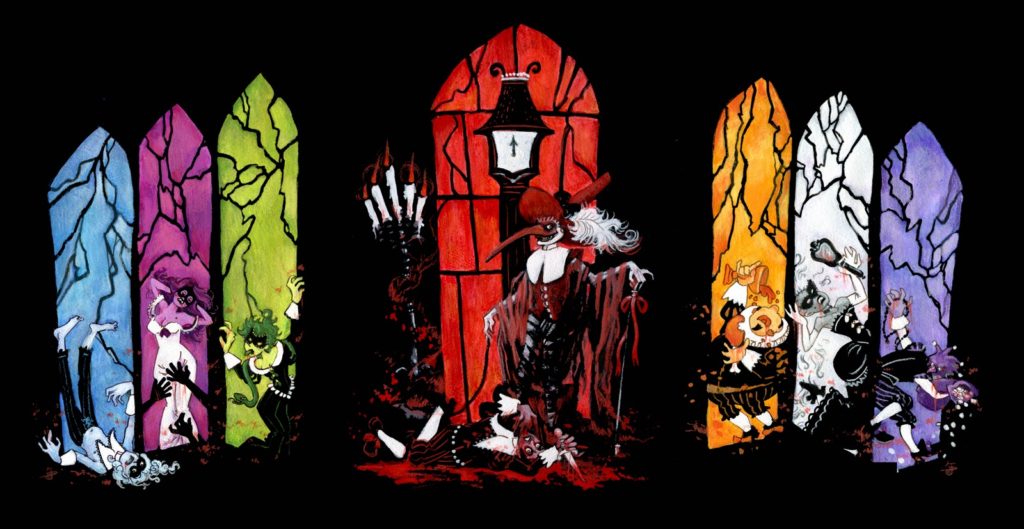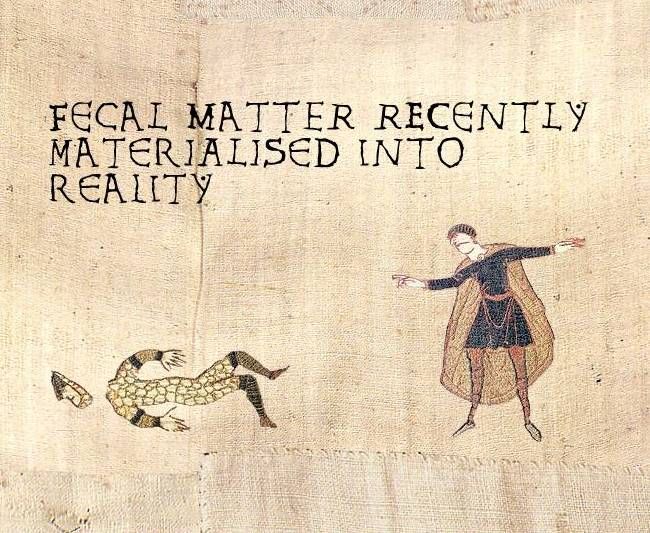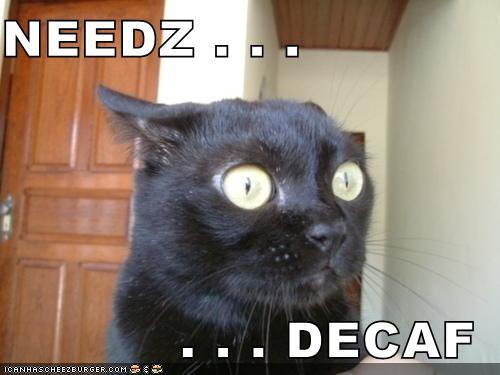Last Updated on June 23, 2022 by James Dziezynski
As expected, Boulder county has its first documented case as of last night—which means there are already multiple people infected. The climbing gym has officially closed (the right call) and all of the City of Boulder rec centers and public libraries have closed. Beyond walking the dogs, we’re hunkered down for a while and have plenty of supplies. Chances are we’ll spend some time at our cabin as well, not so much to avoid people (though it is good for that) but more because it’s a nice time of the year to be up there.
From my firsthand observations, people are reacting one of two ways. The first is that people are ready to be team players and are taking it all seriously. The second reaction comes from those with a more cavalier attitude, who still seem convinced it’s a hoax, “the flu”, or a straight-up inconvenience. I can’t help but think of Edgar Alan Poe’s The Masque of the Red Death. (I have an audiobook version read by Vincent Price, which is worth a listen!) In terms of my personal experience, I don’t yet know anyone on the true fringes of either reaction: unqualified panic or stubborn denial.

It’s all fun and games until someone invites the specter of death to the party.
Over the years, I’ve read/listened to a lot of great books about epidemics. My literature degree focused on Modernism, the period smack in the middle of the 1918 flu pandemic. As jittery as some people are now, at least it’s not happening concurrent to a world war. No wonder so many writers of the time felt the end was near.
I’d highly recommend David Quammen’s 2012 book Spillover. I’ve been a fan of Quammen since his early books and I bought this one when it first came out. It’s hauntingly accurate in its predictions. I’ve also listened to two audiobooks that are worth a mention, The Great Mortality by John Kelly and the Great Courses series by Prof. Philip Daileader on The Late Middle Ages. Both speak to what day-to-day life was like during the Black Death / Great Plague years of medieval times.
As you might have guessed, they were miserable (the times, I mean, not the audiobooks. They are excellent).
What I find hopeful is that even during those worst of times, society never broke down. The Italians had a particularly determined ethic, which is why many of the most accurate accounts and records of the plague come from Italian writers and merchants. The poet Petrarch was among the survivors and wrote elegantly on the loss of so many.
Now, of course, this isn’t the plague. Significantly, it’s viral, not bacterial. And it’s not nearly as deadly. The virus is a reminder that outbreaks of disease are nothing new, but they carry with them their own distinct form of fear. I have the sense our country will reach peak freak-out when the first famous person succumbs to the illness, or perhaps when we personally know someone faring poorly from the infection.

Same feces, different kingdom.
For now, it’s still a waiting game in most communities, but that’s going to change for all of us in the next 2 -3 days. The game is indeed afoot. In the meantime, work rolls on at Matcha and hopefully, we’ll ride out the storm ok.





